CBMH UGM Research Team Conducts Public Engagement Activity with Cancer Survivors at the Indonesian Cancer Foundation
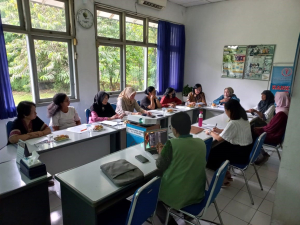
The research team discusses patient autonomy with cancer survivors
Yogyakarta, February 28, 2025 – A research team from Universitas Gadjah Mada, led by drg. Agnes Bhakti Pratiwi, MPH, Ph.D, with research members Prof. Dick Willems, MD, Dra. Retna Siwi Padmawati, MA, Nabila Puspakesuma, S.Psi., MSc, Ns. Wahyu Dewi S., M.SN, Ardhini Nugrahaeni, M.K.M, and Fahmi Baiquni, S.Psi., MPH, conducted a public engagement activity as part of the research entitled Conceptualizing Patient Autonomy in Decision-Making in South-East Asian Culture: Bringing Experience from the Indonesian Context.
The activity was held at the Indonesian Cancer Foundation on February 28, 2025, involving 10 cancer survivors who have experience in the medical decision-making process, particularly related to non-emergency surgical procedures. This public engagement aimed to understand aspects considered important by patients in healthcare services during the medical decision-making process in hospitals. This activity aligns with the Sustainable Development Goals (SDGs) number 3 (Good Health and Well-Being) and 5 (Gender Equality), which promote inclusive access to healthcare services and active patient participation in medical decision-making.
During the discussion, participants shared their experiences regarding the obstacles faced during medical treatment. One of the key findings was the significant role of close family members, such as husbands or children, in the decision-making process. Family support greatly influenced patients decisions, especially in approving elective surgery procedures. Some participants also mentioned that before undergoing medical treatment, they first sought alternative medicine.
The decision-making dynamics showed that children’s involvement often became the deciding factor when support from husbands was not optimal. This illustrates that medical decisions in the Southeast Asian cultural context, particularly in Indonesia, tend to be collective, considering the perspectives of close family members.
This public engagement activity serves as an important step in understanding patient perspectives on autonomy in medical decision-making. The results of this activity are expected to enrich the understanding of patient autonomy concepts that are more contextual and based on patient experiences in Indonesia.
Reporter : Ardhini Nugrahaeni, M.K.M.
Editor : Alvira Rahmasari, S.H.G.

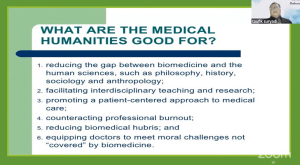
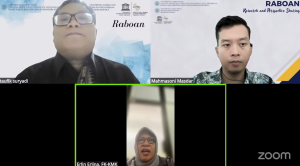

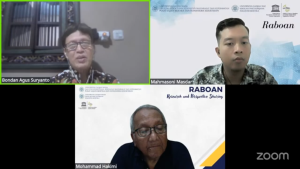
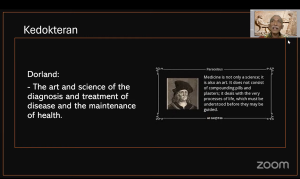
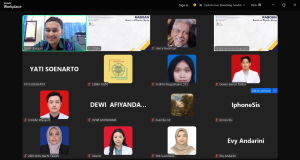
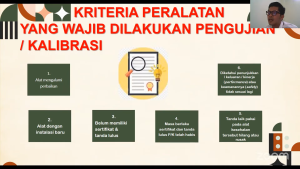

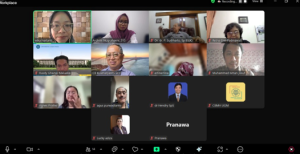 Yogyakarta, December 20, 2024 — The Center for Bioethics and Medical Humanities (CBMH UGM) successfully held a discussion to finalize its response to UNESCO’s Preliminary Report on the First Draft of The Recommendation on the Ethics of Neurotechnology. This activity aimed to provide written feedback and suggestions for the improvement of the draft recommendations on neurotechnology ethics, which will be submitted to UNESCO as a guiding document for neurotechnology ethics.
Yogyakarta, December 20, 2024 — The Center for Bioethics and Medical Humanities (CBMH UGM) successfully held a discussion to finalize its response to UNESCO’s Preliminary Report on the First Draft of The Recommendation on the Ethics of Neurotechnology. This activity aimed to provide written feedback and suggestions for the improvement of the draft recommendations on neurotechnology ethics, which will be submitted to UNESCO as a guiding document for neurotechnology ethics.